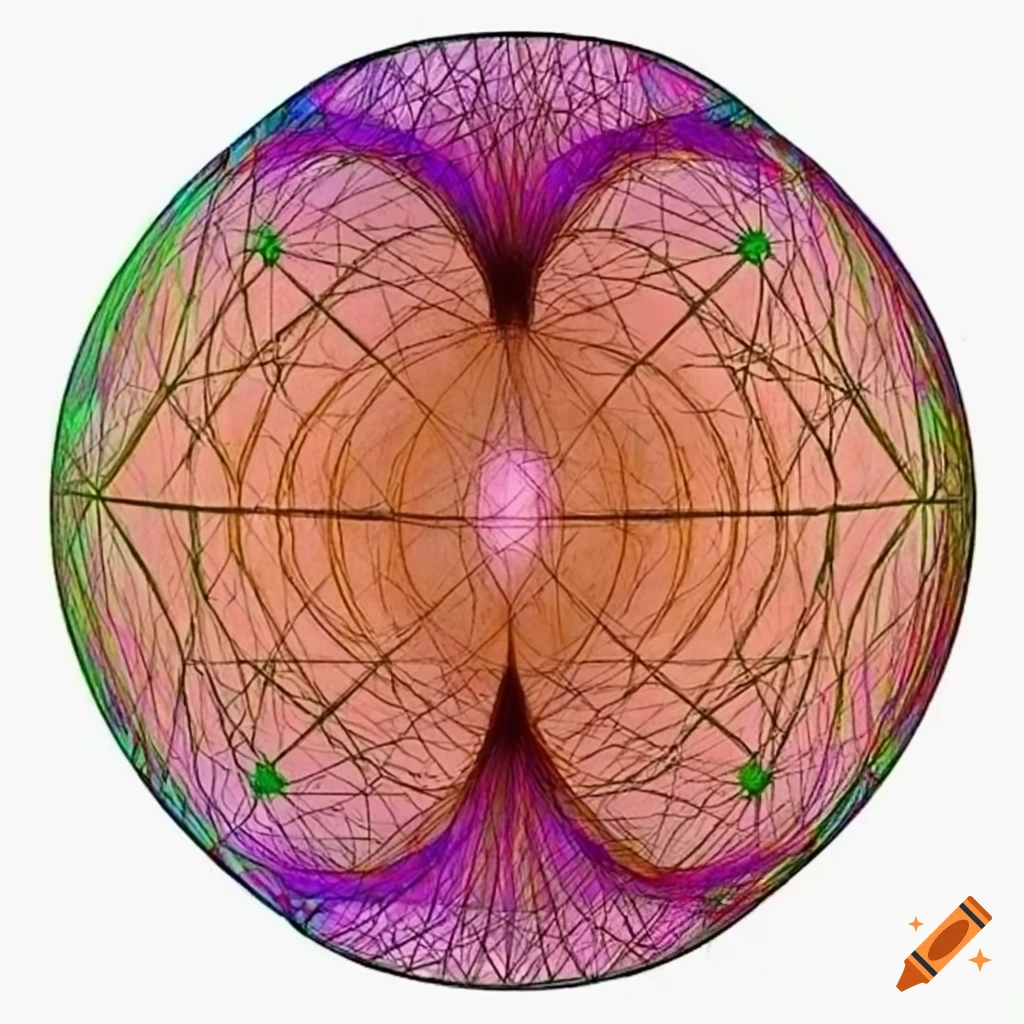
One of the primary reasons for this polarization is the historical divide between different ideologies.
Political parties are formed based on a set of beliefs and principles that often represent these differing views. This leads to a clear divide within the political landscape. For example, one party might believe in a more laissez-faire approach to the economy, while the other might advocate for more government intervention. These fundamental differences in belief systems create a stark contrast and often lead to a polarized political environment.
Additionally, the role of media cannot be understated when discussing political polarization. Media outlets often cater to specific political ideologies, which can further deepen the divide. Conservative outlets are likely to present news with a conservative bias and liberal outlets with a liberal bias. This not only reinforces the existing beliefs of the viewers but also often presents the opposing ideology in a negative light, thereby contributing to the political divide.
Social issues, such as abortion rights, gun control, immigration, and healthcare, also contribute significantly to political polarization. Individuals and parties align themselves with different stances on these issues. These deeply personal and often emotional issues create a further divide among the populace and the political parties.
Lastly, the structure of the current political system, especially in countries with a two-party system like the United States, often fosters polarization. This is because the system inherently promotes competition between two differing ideologies. The winner-takes-all nature of the elections often means that moderate views are sidelined and the political discourse becomes a battle of extremes.
In conclusion, political polarization arises from a combination of historical ideological differences, media influence, social issues, and the structure of the political system itself. It's a complex issue with no easy solutions, and requires understanding and dialogue to bridge the divide.
---
Note: If the text above is not clear, the reason is probably that ShowMoor has encrypted it.
Press the ShowMoor -button, join the community and you can - in addition to this - enjoy everything the service has to offer - for a small subscription fee.